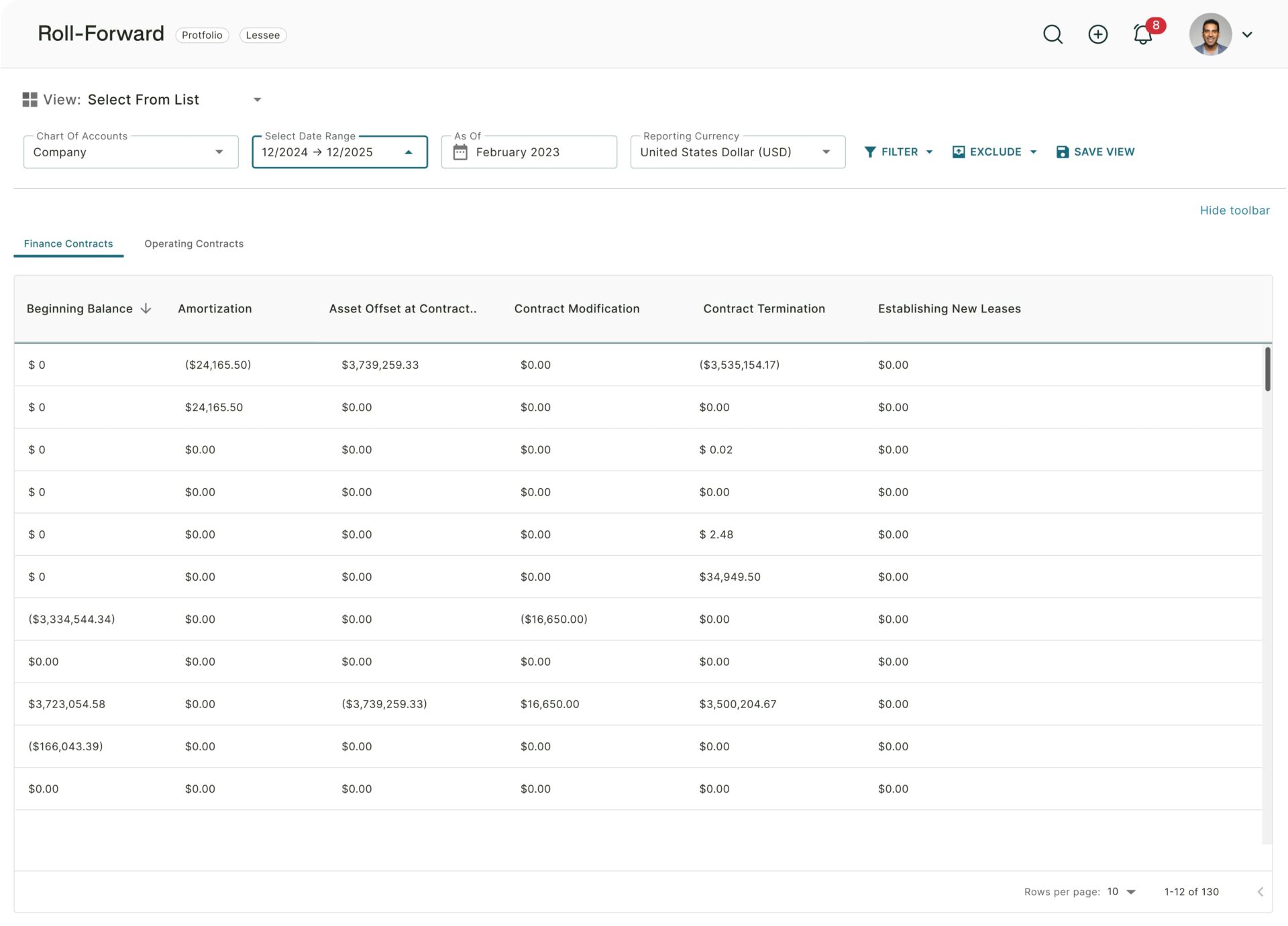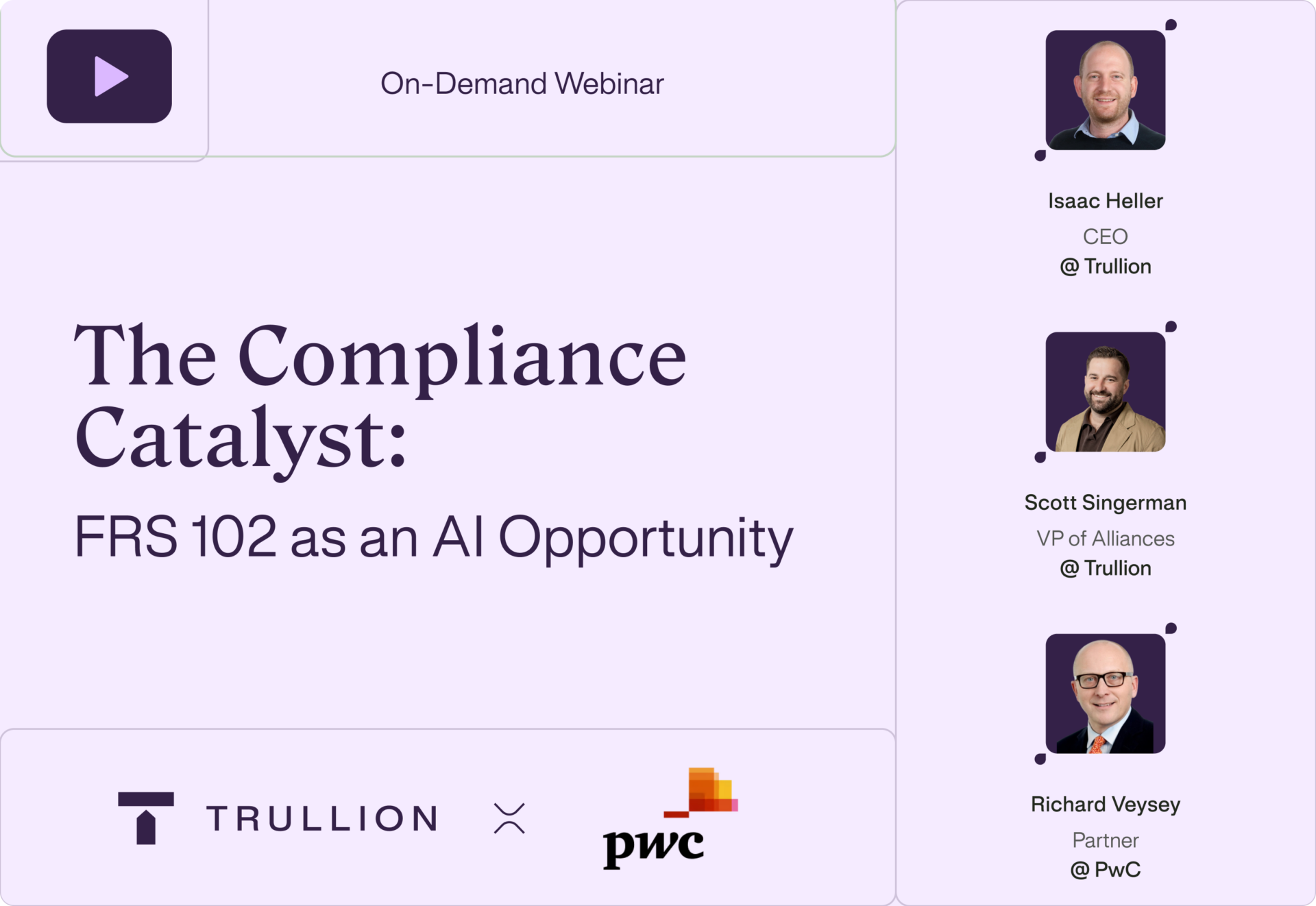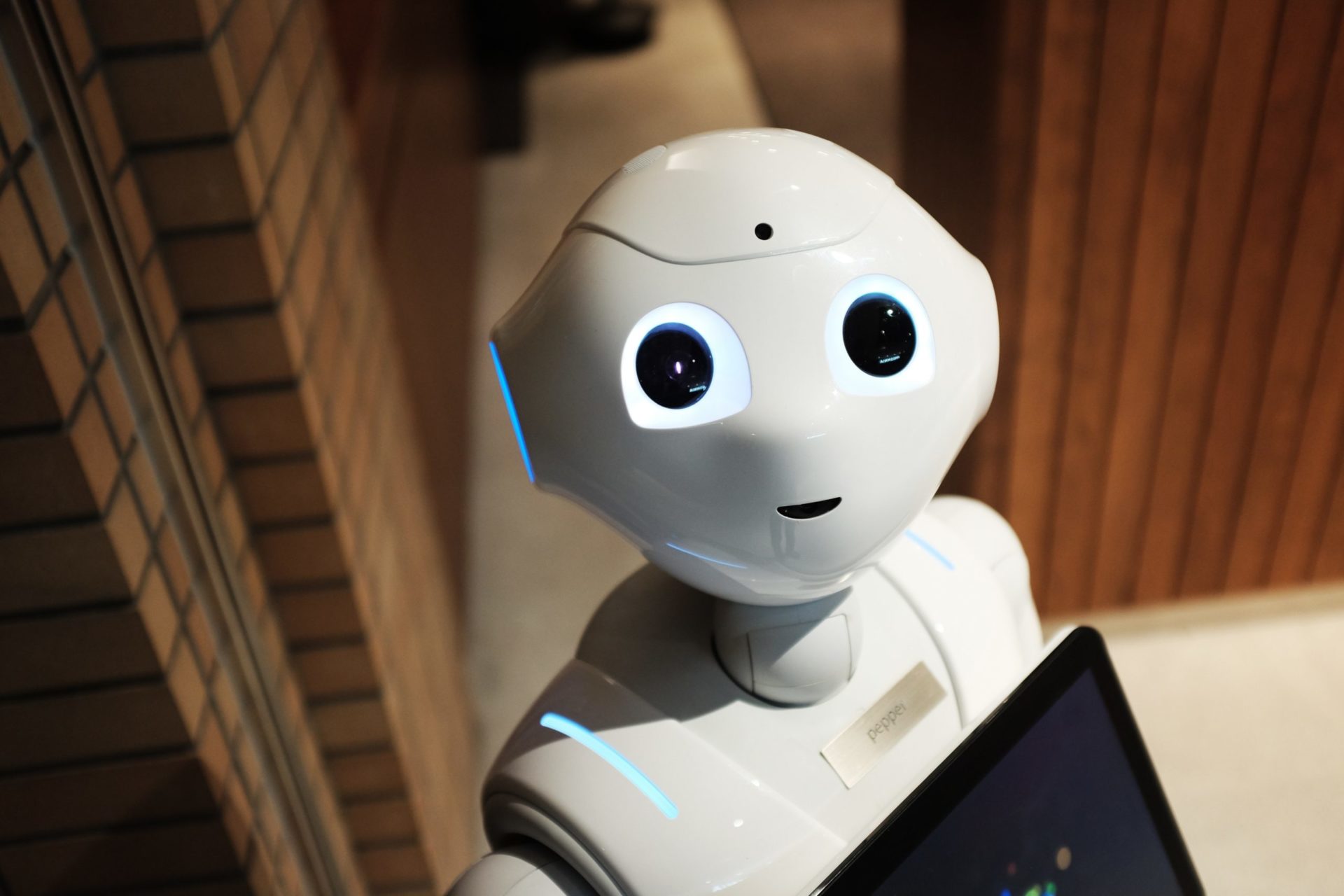Technology is replacing many of the tasks previously carried out by human beings. Especially when it comes to manual, repetitive jobs such as product assembly, robots have shown that technology can accomplish these tasks quicker, better and cheaper.
With artificial intelligence (AI) technology maturing, there are many other roles and jobs that are set to be replaced. For example, AI can pick up trends in massive data sets that a human being would be unable to match.
Will AI take over accounting jobs?The argument in a nutshell
Those arguing for the replacement of accountants by AI have misunderstood some key elements of both accountants, and AI.
Their argument, simply put, is that as the world gets digitized, computers will take care of any manual work previously done by humans – including accounting. In some ways, this is already true: invoices are issued automatically, ERP systems take care of all journal and ledger entries, accounting software packages prepare financial statements, and auditors have the full trail right in front of them. Following this logic, auditors too are set to be replaced, as computer programs can easily validate transactions. Even assumptions and judgments – for example the discount rate required to be used in ASC 842 – can be more accurately calculated using AI.
What this argument misses however, are the limitations of AI – and the true power of the accountant.
AI: know its limitations
AI in and of itself is only as powerful as the inputs it receives. “Garbage in, garbage out,” goes the famous saying. AI is also based on limited inputs, not all available information. What’s more, AI can provide data, make predictions and identify trends; but what is done with that information, what business decisions are taken, this is a step beyond the capabilities of AI.
AI has other weaknesses. For one, it doesn’t always see the full picture. For example, a human being can hear snippets of a conversation, read a report, understand body language, and then make a decision. Let’s say an AI model suggests that a certain asset class should be purchased, based on historical data. A human being might take this information into account, but they might also decide that given the current financial situation of the company, this investment would not be prudent at the moment.
Another weakness of AI is that sometimes it gets things wrong – very wrong – and a human hand needs to ensure that this doesn’t lead to disaster. One example is when AI was used by a fashion retailer to predict which items would appeal to certain customers. The algorithm ended up pushing specific ethnic fashions to members of particular ethnic groups. This was a huge embarrassment for the retailer and the project was quickly shut down.
Accountants: a broad role
The accountant, as a role within the organization, is also misunderstood by many non-accountants. Accountants, and those within the finance team, have a massive contribution to make that goes well beyond traditional bookkeeping and reporting.
Smart companies are leveraging their accountants – who are by definition highly skilled, well educated and able to handle complex transactions and calculations – to add tremendous value to their businesses.
For example, accountants see the “whole picture” of the business. Every department, every expense and every revenue line item is reported to the accountant. Accountants can thus recommend courses of action, give advice to the CEO, add value to the Board, and help create synergies between departments.
They are also able to gauge the macro economic environment together with the company’s trajectory, the long-term view of the Board, potential opportunities and new markets, the interests of shareholders and other stakeholders – and help chart the course forward, including giving valuable input into any big decisions that need to be made.
Accountants use all the inputs available to them: from financial information, to directives from company leadership, to external data, to their own experience and intuition. One critical input is, of course, AI.
In fact, the value of an accountant that understands and leverages the power of AI is nothing short of awesome.
AI is set to help accountants
What this means is that AI cannot, and will not, replace accountants. Those who do not believe this are misinformed about either accountants, AI, or both.
What is set to happen however is that AI is going to help accountants tremendously. By leveraging AI, accountants will have a whole new arsenal when it comes to adding value to their organizations.
Nowhere is this more clear than with Trullion’s AI-powered automated accounting software. By leveraging the power of AI, accountants can get more done, quicker. In seamlessly ensuring compliance with the relevant accounting standards, and automating tasks that used to take hundreds of hours, accountants are freed up to add value and make an impact.
AI is most definitely here to help accountants. To find out more, get in touch with Trullion today.





